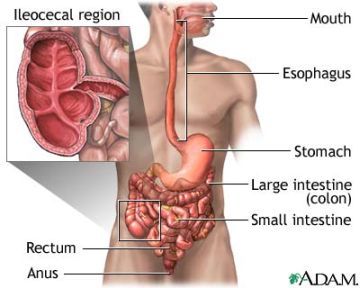The chronic inflammatory disease of the intestines — Crohn’s disease ‘ is not contagious and thus affects 1 in 1000 people.
Affecting approximately 500,000 to two million people in the United States, the disease primarily causing ulcerations of both the small and large intestines, can also affect the digestive system anywhere from the mouth to the anus.
But, what causes the disease?
The cause of the Crohn’s disease though remained unknown to date; some scientists suspect certain bacteria as the cause of the infection.
Not convinced by the prevailing evidence leading to the disease, it is recently thought to be some unusual bacteria ‘ from gut — that have borrowed a few nasty genes from ‘plague!’
Though the gut bacteria were to be blamed for the disease, researchers could not be sure which. What led to the confusion is the study of people’s gut bacteria, in which they found no evidence of MAP — a bacterium blamed for Crohn’s by some.
However, the scientists still bank on the ‘common gut bacteria’ — E. coli — due to its higher find than normal levels in more inflamed areas.
So, the salmonella, cholera and bubonic plague-carrying bacteria seem to be the culprit also behind causing diseases inside the gut.




